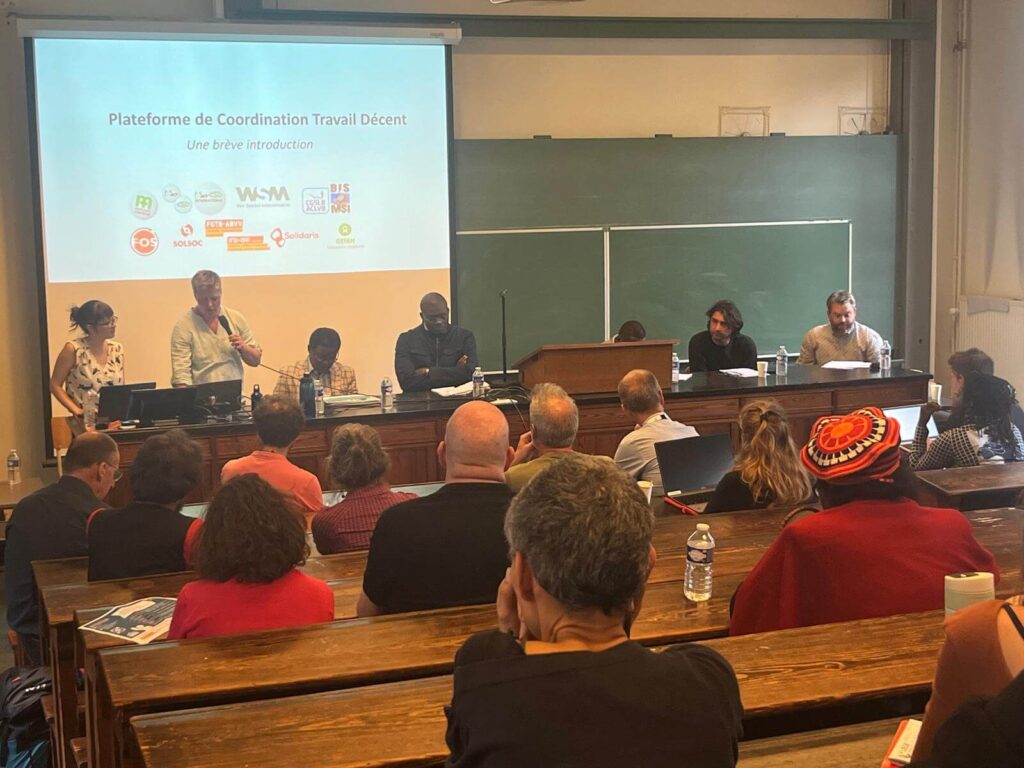Who we are ?

Our research scope
Since its creation, the scope of research conducted within APAD has expanded considerably. Initially, it focused on the implementation of development projects and the contradictions, misunderstandings and reinterpretations this process engendered. Since then, it has broadened to include public policies and international aid institutions. In recent years, the members of the association have further extended to field of their research, paying attention to the social programmes of non-traditional development actors (corporations, churches, conservation organisations, …) and to the wider processes taking place in countries of the South (new migrations, foreign investments, social movements, environmental change, …).
Our identity
Despite its opening to new research topics, APAD has retained a strong identity by promoting an approach characterized by three main features:
Empirical rigour and disciplinary openness:
First of all, APAD promotes in-depth ethnographic research that is open to different social science disciplines.
A dialogue between researchers and practitioners:
APAD aims to engage in critical but constructive dialogue with development practitioners and other actors of social change. While ensuring the scientific excellence of its publications and events, it aims to reach out to actors beyond the academia.
Research reflexivity:
Finally, in connection with the previous point, APAD seeks to stimulate reflexivity among scholars on the ethical and political issues involved in the study of social change and development. The association actively participates in the debates on issues of power and representation in the social sciences.
